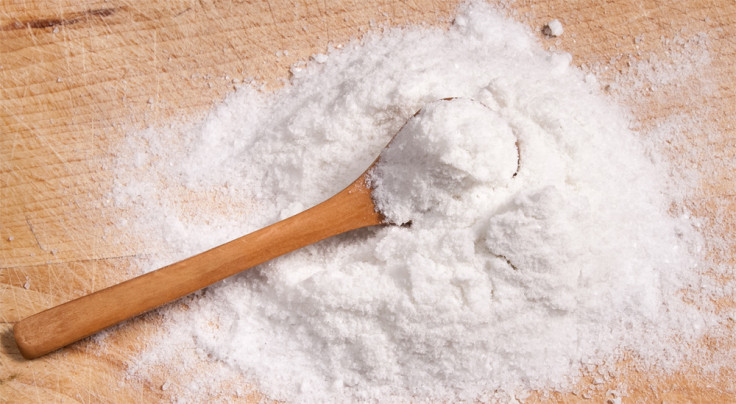Salt intake may not be linked to heart disease or death among old people

A new study has found that there is no link between a high salt intake and increased risk of heart disease or an early death amongst older adults.
Present health guidelines in both the UK and the US recommend that all adults eat no more than 6g of salt a day, which equates to 2.4g of sodium (salt is sodium chloride, but sodium on its own is put into many prepared and processed foods).
Currently the average daily salt intake in the UK is 8.6g, which is already too high, and new government targets are trying to decrease salt intake to a maximum of 5g a day by 2025.
Having a diet high in salt can cause high blood pressure, which increases your risk of developing heart disease or having a stroke.
Although it is not specifically stated in the UK, in the US, people over the age of 50 are advised to eat less than 1.5g of sodium (3.75g of salt).
No significant difference in health risks
Researchers from several US universities studied 2,500 older pensioners aged between 71-80 and found that their salt intake was not associated with either higher rates of mortality or increased chances of developing cardiovascular disease or heart failure.
The study, entitled "Dietary Sodium Content, Mortality, and Risk for Cardiovascular Events in Older Adults: The Health, Aging, and Body Composition (Health ABC) Study" is published in the journal JAMA Internal Medicine.
Looking at 10-year death rates, the researchers found that there was no significant difference between people who consumed less than 1.5g of sodium a day, versus people who consumed between 1.5g-2g of sodium a day or people who consumed over 2.3g of sodium.
However the study was based on self-assessed questionnaires by the participants and there are well-known limitations of observational studies, which the authors have pointed out.
"Our data emphasises the need for stronger evidence, preferably from rigorous controlled trials testing additional thresholds for sodium intake, before applying a policy of further sodium restriction to older adults beyond the current recommendation for the general adult population (2,300 mg/d)," the researchers wrote in the paper.
Consider all the evidence about salt
Dr Tim Chico, reader in cardiovascular medicine and an honorary consultant cardiologist at University of Sheffield, says that people should look at all the evidence put together from different studies about the effect of salt on the diet, rather than focusing on a single study.
"This study highlights how difficult it is to understand the relationship between lifestyle and health, and no single study can ever give a conclusive answer," he told Food Navigator.
"People are understandably confused by the conflicting results of scientific studies on the relationship between diet and health.
"Instead of concentrating on individual studies, which often only get attention if their results are unusual or surprising, it is much better to look at the overall message from all these studies. These are pretty clear."
© Copyright IBTimes 2025. All rights reserved.






















